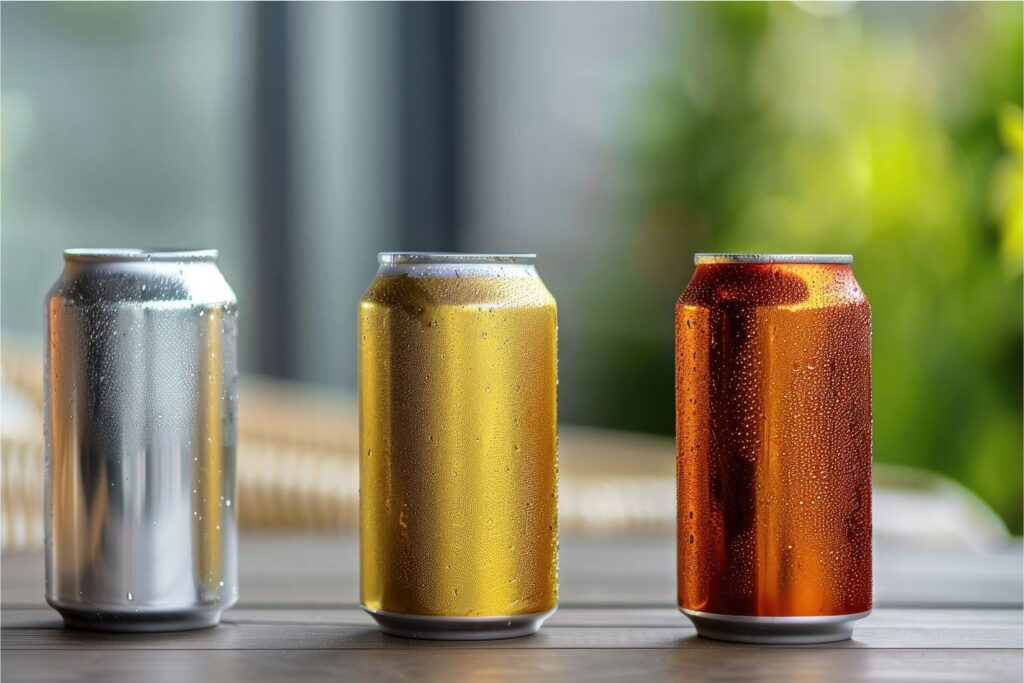
The World Health Organization (WHO) has urged countries to increase prices on sugary drinks, alcohol, and tobacco by 50% over the next decade. The aim is to reduce consumption, curb non-communicable diseases, and generate revenue to support struggling health systems.
Unveiled at the UN’s Finance for Development Conference in Seville, the initiative, called “3 by 35,” seeks to raise $1 trillion globally by 2035 through targeted health taxes. The proposal is based on success stories from countries such as Colombia and South Africa, which have already implemented similar measures.
Also Read | India wins global award for tobacco control efforts
“Health taxes are one of the most efficient tools we have,” said Jeremy Farrar, WHO’s Assistant Director-General. “It’s time to act.”
WHO Director-General Dr. Tedros Adhanom Ghebreyesus added that these taxes can help nations adjust to “new realities” and fund their health systems, especially as many low- and middle-income countries face declining aid and rising debt.
As an example, WHO economist Guillermo Sandoval said the plan would require prices of harmful products in middle-income countries to rise from $4 to $10 by 2035, accounting for inflation.
Between 2012 and 2022, nearly 140 countries already increased tobacco taxes, resulting in over a 50% average price hike, WHO said.
The organization is also exploring extending taxation to ultra-processed foods, pending a finalised definition later this year. However, the International Council of Beverages Associations dismissed the plan, claiming no evidence that taxing sugary drinks improves health or reduces obesity. The Distilled Spirits Council called the tax proposal on alcohol “misguided” and ineffective in preventing abuse.








